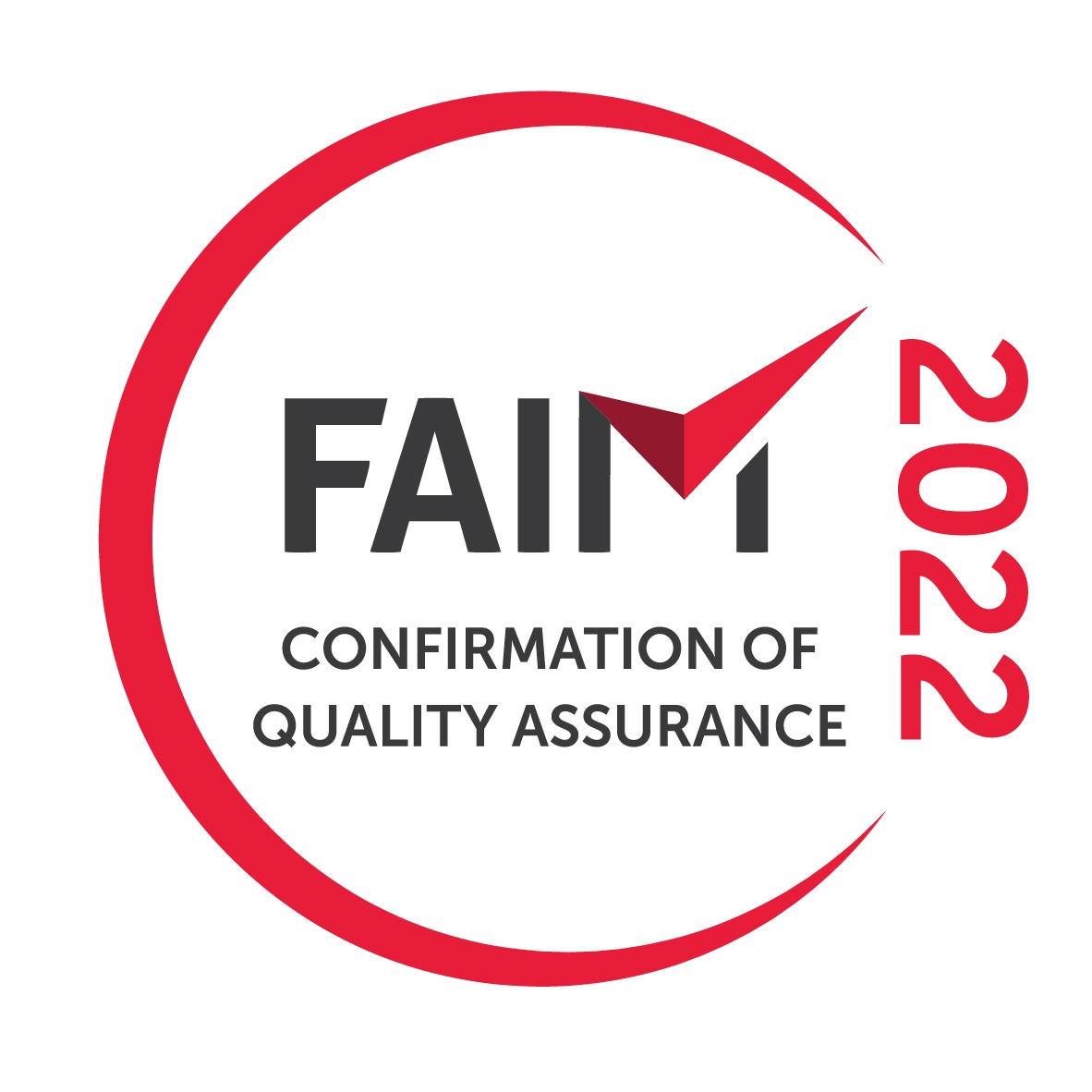The packers were careful, quick and courteous. I highly recommend this company and would definitely use them again! Efficient, polite, punctual: could not ask for more.
Hertfordshire, UK to Virginia, USA - March 2023
From start with Michelle to finish with Gill the level of service was excellent. John Mason and its international partners handled my move from Devon to Australia seemingly effortlessly. I couldn't ask for better.
Devon, UK to Perth, Australia –April 2023
Absolutely one of the best movers I have worked with. Pleasant helpful admin staff and the delivery drivers were absolute angels sorting and moving the boxes where I asked them to. Arrived exactly when they said it would.
Yorkshire, UK to Sydney, Australia - March 2023











